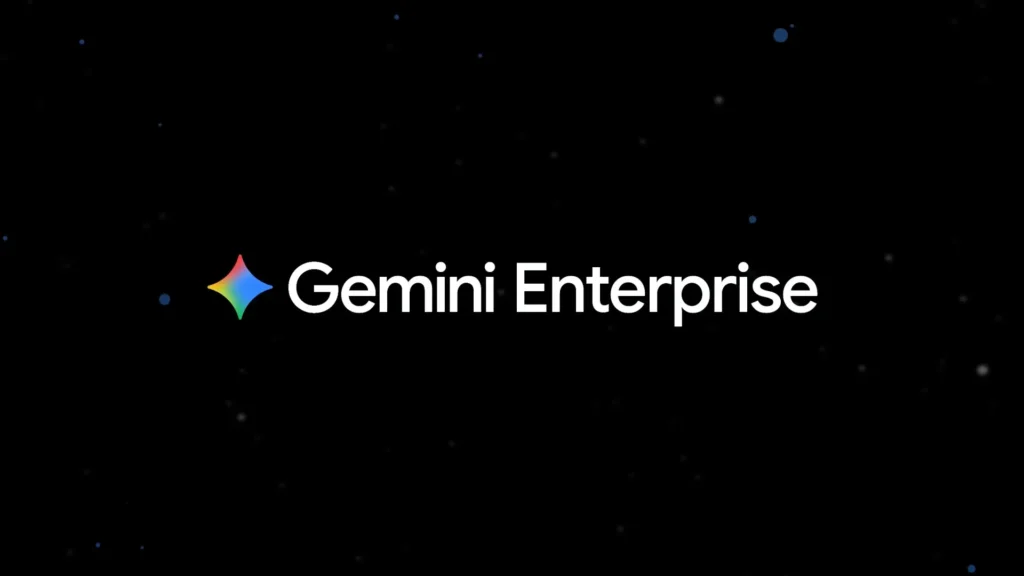Gemini Enterprise arrives: Google challenges Microsoft Copilot with a secure AI for the workplace
Google has announced Gemini Enterprise, a powerful version of its Gemini artificial intelligence specifically designed for businesses.
Positioned as a direct response to Microsoft Copilot, this new solution aims to be the intelligent and secure right-hand tool for professionals in their daily tasks.
Gemini Enterprise: An AI Designed for Work
Gemini Enterprise is essentially Gemini, but tailored for the professional environment. It deeply integrates with Google Workspace — Docs, Sheets, Gmail, Slides — to aid teams in saving time and automating repetitive tasks.
Specifically, the AI can:
- Summarize documents or meetings in seconds,
- Draft emails or business reports,
- Create presentations from simple text,
- And even analyze complex spreadsheets.
However, the significant difference lies in security.
Google promises enterprise-level standards with total confidentiality: the data of businesses will not be used to train the AI models. This commitment is crucial for reassuring companies concerned about protecting their internal information.
A Strategic Counter to Microsoft Copilot
This announcement is clearly a blow to Microsoft and OpenAI. For over a year, Copilot has dominated discussions around AI in business, thanks to its deep integration within Microsoft 365 (Word, Excel, Teams, Outlook…).
Google, often perceived as lagging behind in this area, is making up ground with Gemini Enterprise. The goal: to attract large organizations—a highly lucrative market segment—by focusing on productivity, security, and seamless integration into Google Workspace.
“For companies already using Workspace, Gemini Enterprise is an obvious choice,” notes an industry analyst. “But for those utilizing Microsoft 365, Copilot still holds a lead due to its historical integration.”
Privacy as a Key Selling Point
One of the main barriers to AI adoption in businesses is data protection. With Gemini Enterprise, Google sends a clear message: no business data will be exploited to enhance or retrain its models.
This “trust-first” positioning could be key in convincing major corporations hesitant to deploy generative AI on a large scale.
For Google, this launch was urgent and strategic. Until now, the Mountain View giant had allowed Microsoft to set the pace in the workplace AI arena. Now, Gemini Enterprise enables it to enter the race with a solid, native, and coherent solution for its ecosystem.
The competition between Google and Microsoft can only be beneficial for businesses: better features, faster innovations, and ultimately, more competitive pricing.
Should We Believe in It?
Gemini Enterprise is a logical but crucial step in Google’s strategy. Its success will depend on two factors: the speed of adoption by existing Workspace clients and Google’s ability to persuade those entrenched in the Microsoft ecosystem to try this alternative.
Currently, it appears that Google Workspace users will be the first to benefit fully, while companies already integrated into Microsoft are likely to remain loyal to Copilot.
But one thing is certain: the battle for AI in business has just intensified.




